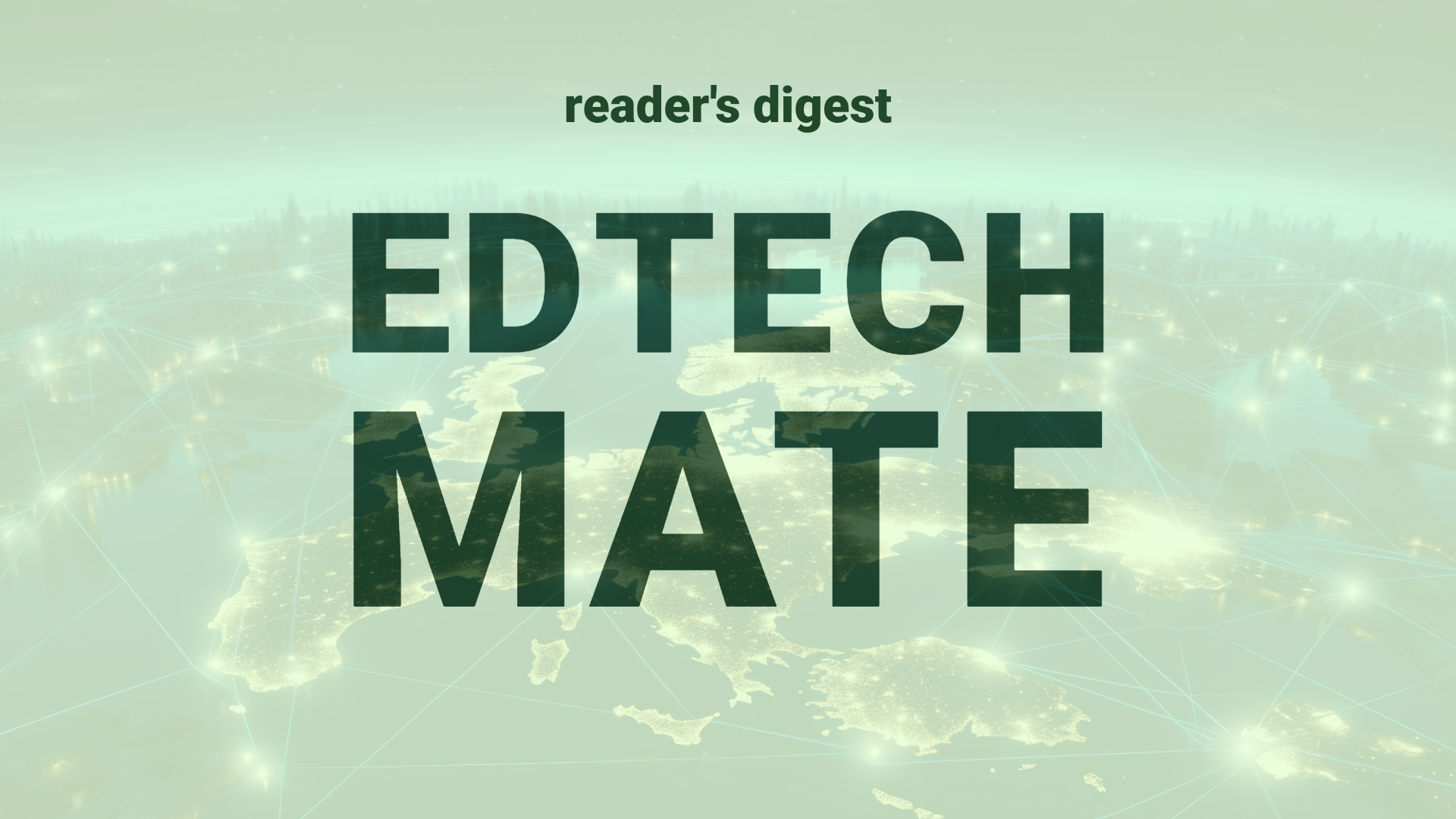Executive Summary and Main Points
Innovations in AI, big data, and high-performance computing are revolutionizing the landscape of digital storage, a development critical to the field of international education and its digital transformation. Gartner predicts that AI-related data will constitute 63% of the global data by 2030, significantly impacting data management needs. Huawei’s Flash Forward action plan introduces robust storage solutions like the OceanStor series, OceanDisk smart disk enclosure, and all-flash backup products, addressing key areas such as core business, AI, cloud computing, unstructured data, data protection, and SMB (Small and Medium-sized Business) needs. Huawei’s solutions aim to enhance storage efficiency with all-flash systems while reducing costs and energy consumption, marking a pivotal shift towards AI-ready data management frameworks necessary for the advanced data requirements of higher education institutions.
Potential Impact in the Education Sector
The advancements in storage and AI applications by companies like Huawei could greatly influence Further and Higher Education as well as the proliferation of Micro-credentials. With the increasing volume of educational data, such as learning analytics and online course materials, institutions would benefit from the enhanced performance and efficiency of all-flash storage systems. The OceanStor Dorado, with its high IOPS and ultra-low latency, promises improvements in managing core educational databases and virtual learning environments. The AI-focused OceanStor A800 could enhance AI-driven educational tools and applications, driving higher cluster utilization and better performance. Furthermore, solutions like all-flash backup and smart disk enclosures offer sustainable data protection and cost efficiency, crucial for educational institutions operating under tight budget constraints. The shift towards all-flash systems supports strategic partnerships between educational technology providers and institutions, facilitating the digitalization of education services.
Potential Applicability in the Education Sector
Innovative applications of Huawei’s storage solutions in global education systems could encompass a range of AI and digital tools. With AI taking a more prominent role in personalized learning, adaptive assessments, and administrative automation, having an efficient data storage solution like the OceanStor A800 could enable better data processing capabilities for AI to thrive. Additionally, the trend towards massive open online courses (MOOCs) and remote learning, accentuated by the Huawei OceanStor products’ capabilities, would significantly bolster the delivery and experience of digital education formats. For research-intensive institutions, increased storage performance and capacity ensure the handling of large datasets and complex simulations. The Data Management Engine’s sophisticated data lifecycle management implies streamlined access, retrieval, and governance of educational content, beneficial to education providers and learners.
Criticism and Potential Shortfalls
Despite the promise of Huawei’s all-flash data solutions, there are potential criticisms and shortfalls to consider. Firstly, reliance on a single vendor may pose risks of vendor lock-in and reduced flexibility for educational institutions. Comparative case studies, like those from countries with stringent data protection laws or differing infrastructural capabilities, may showcase disparate levels of efficiency and effectiveness of these technologies. Ethical considerations around data governance and privacy must also be factored in, as educational data are sensitive. Cultural implications related to the digital divide may exacerbate inequalities if such advanced technologies are not equally accessible. Moreover, the rapid pace of technological change requires continuous investment and can strain resource-limited education systems.
Actionable Recommendations
To ensure successful implementation of these technologies in the education landscape, several strategic recommendations can be put forth for international education leadership. Educational institutions should consider gradual adoption, pilot programs, and partnerships to integrate new storage solutions, mitigating risks and allowing for adaptability. Incorporating comprehensive training and professional development on these digital tools for faculty and IT staff will be imperative. Additionally, institutions should develop robust data governance policies to address ethical concerns around privacy and data usage. To tackle the challenges of the digital divide, partnerships with governments and NGOs could support more equitable access to these technologies. Finally, future projects should include regular evaluations of technology performance and relevance, with a focus on sustainability and scalability in line with global higher education dynamics.
Source article: https://www.cio.com/article/2154133/flash-forward-make-the-end-of-the-hdd.html

